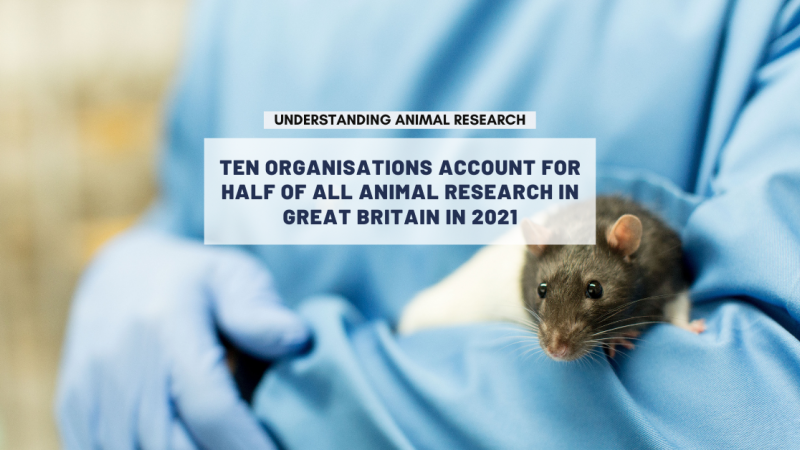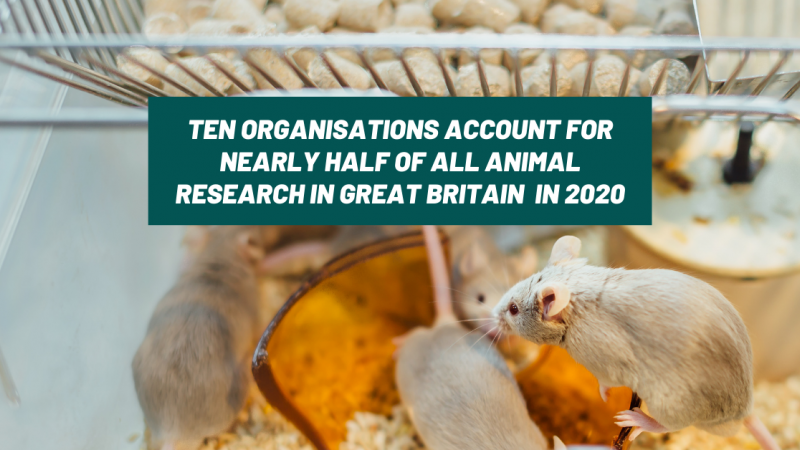The UK government announced this morning that the number of animal procedures in 2009 fell by 1% compared with the previous year. The total number of procedures started last year was just over 3.6 million, almost all using rodents, fish or birds.
The number of genetically modified animals bred for research continues to rise, by 10% last year. For the first time, the number of procedures involving genetically altered animals (which includes GM and naturally occurring mutants) exceeded the number of procedures using normal animals.
It is this trend in GM - mostly mice but also fish and rats - which has been driving the increase in animal research since 2000. The overall trend, despite the small fall in 2009, is still upwards. The total number of animal procedures was one-third higher in 2009 than in 2000. However, investment in UK biomedical research over the same period doubled.
Excluding the breeding of genetically modified animals and harmful mutants, the total number of animal procedures fell by 8% (180,000) to 2.1 million. Falls were recorded in the number of procedures using non-human primates (down 7%), dogs and cats. In fact, these animals are used in very small numbers, together accounting for less than 1% of all procedures.
There were big increases in the use of animals in fields such as genetics, cancer research and ecology, but decreases in psychology, physiology, pharmaceutical R&D and therapeutics.
Comparing the number of animal procedures in research with the numbers in safety testing and the numbers of GM animals, it is clear from the detailed figures that most GM animals are used in research and very few in safety testing, which has halved since 1995. This suggests that big strides in reducing and replacing animals, and harmonising international regulations, have been made in this area.
Commenting on the 2009 statistics, Home Office Minister Lynne Featherstone said that the government is 'working to reduce the use of animals in scientific research, and work is currently underway to see how this can be achieved whilst maintaining the UK’s position as a leader in scientific advancement. The UK already has one of the most rigorous systems in the world to ensure that animal research and testing is strictly regulated. We ensure procedures are only carried out where completely necessary and that suffering is kept to an absolute minimum.'
Curiously, one Home Office website headline stated this morning 'Household product testing on animals to end'. In 2009 no animals were used to test household products, and 1 or 0 animals have been used for this purpose in each of the last few years. This suggests that it has ended already.
Last edited: 16 August 2022 09:57




